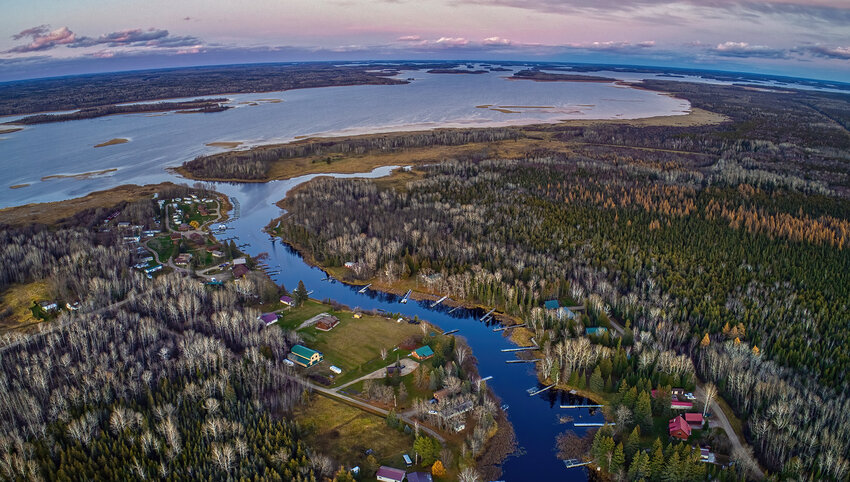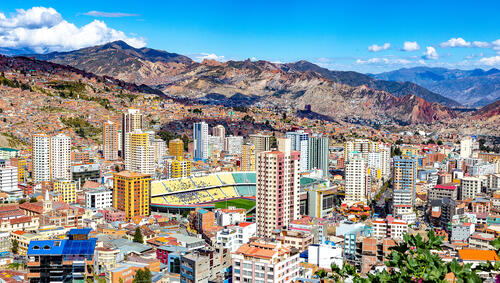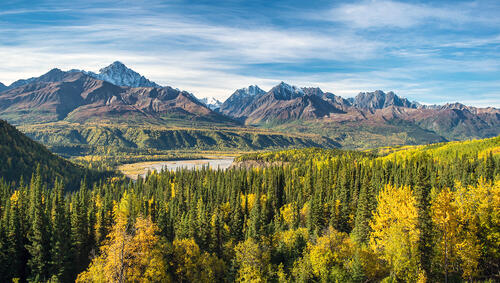Covering 3.79 million square miles, the U.S. is one of the largest countries in the world. In some parts of this vast nation, you can travel for miles without seeing any sign of civilization. Then all of a sudden, you may stumble upon a small town far, far away from the next closest municipality. These remote destinations exist across the nation, and it’s well worth venturing off the beaten path to experience their unique culture. Here are seven of America’s most isolated towns.
Kaktovik, Alaska
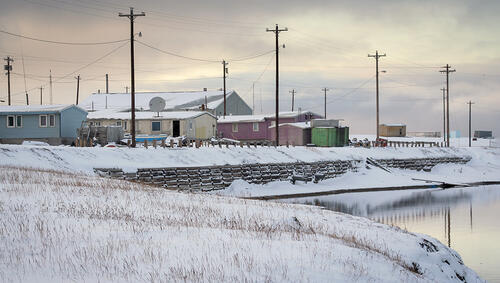
As the largest and least densely populated state in the nation, Alaska is home to a number of remote communities. One of its most isolated is Kaktovik, located at the northern tip of eastern Alaska, 146.8 miles away from the next closest city or town. This region has been the home of the native Kaktovikmiut people for an estimated 11,000 years, and today the community houses around 250 permanent residents. Despite its extreme isolation, the people of Kaktovik have modern amenities that include electricity, piped water, and trash pickup, as well as a fire station and health clinic.
Individual travelers can only reach Kaktovik by air, though the city sits on the southern end of the Arctic Ocean and often sees freight delivered by barge as well. The absolute best activity to experience in Kaktovik is witnessing polar bears in their natural habitat. In fact, the U.S. Coast Guard guides tours through the perilous waters of the Arctic National Wildlife Refuge, allowing for up-close encounters with these amazing animals.
Newberry, Michigan
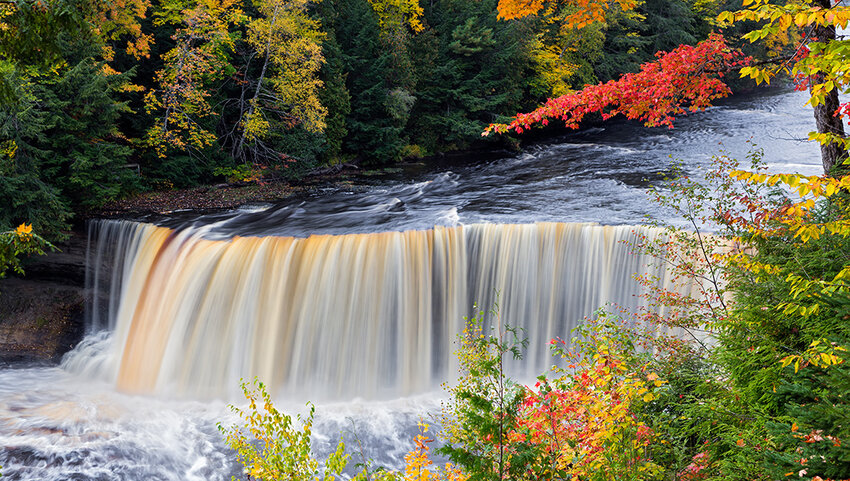
Known as the “Moose Capital of Michigan,” Newberry is located on the state’s Upper Peninsula 41.7 miles away from the next closest town. There are over 1,500 residents who call this northern Michigan town home, which was incorporated back in 1885. Newberry's isolation is thanks to its stunning surrounding terrain, which includes over 300,000 acres of public land as well as 15,000 acres of inland lakes.
One of the most spectacular sites just outside of Newberry is Tahquamenon Falls, which features one of the largest waterfalls east of the Mississippi River. Newberry is also known for Oswald’s Bear Ranch, America’s largest ranch dedicated exclusively to bears, as well as the historic AuSable Point Lighthouse located a few miles away on the shores of Lake Superior.
Angle Inlet, Minnesota
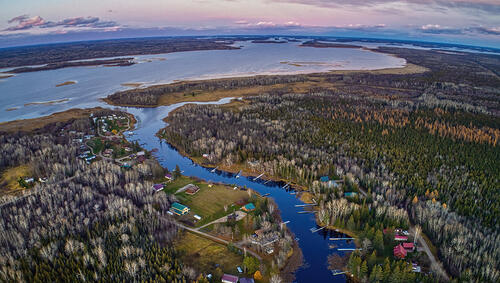
Angle Inlet is the northernmost point in the contiguous United States, and is located 32.5 miles away from the next closest city or town. Angle Inlet is separated from the rest of Minnesota by a southern portion of Manitoba, creating a particularly odd geographical quirk where visitors must drive through Canada to access the town by car. Many visitors come to Angle Inlet for the fishing, and there are over a dozen fishing resorts found throughout the area. For history buffs, it’s worth stopping by the historic Fort St. Charles, a fur-trading post built back in 1732. The fort looks largely as it did all those centuries ago, as the surrounding land remains untouched from human development.
Jordan, Montana
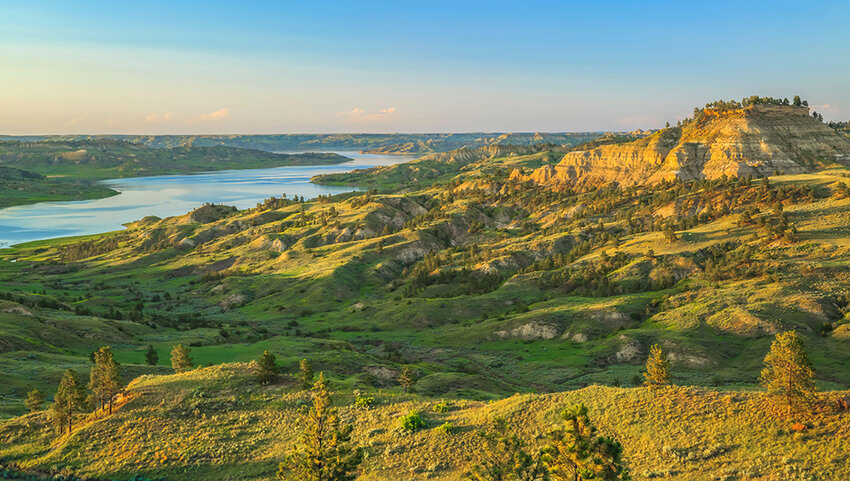
Tucked deep in the Montana wilderness, the town of Jordan is 52.2 miles away from the nearest incorporated area. Jordan's claim to fame dates back to 1904, when a stunning Tyrannosaurus Rex fossil was discovered here. Today, visitors can explore the Garfield County Museum and view fossils and exhibits that showcase the region’s proud paleontological heritage.
Though Jordan was founded in 1896, it’s been largely untouched by modern development. The community is still surrounded by much of its original natural charm, including the protected Charles M. Russell Wildlife Refuge. This area is rife with regional wildlife including elk, turkeys, antelope, and many more awe-inspiring creatures.
Owyhee, Nevada
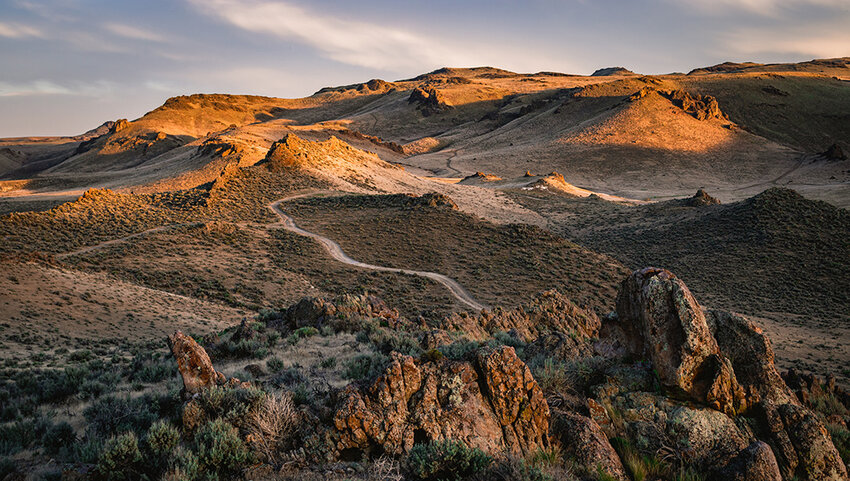
Situated on the Nevada-Idaho border, Owyhee is a staggering 71.9 miles away from the nearest developed community. With a population of just 68 people, this small town remains a tight-knit community amid the majestic landscape that surrounds them. Owyhee was established around 1877, and many of those early historic buildings remain standing today. While visiting Owyhee, it’s certainly worth a trip to the remote Owyhee Desert, which is nicknamed “Big Quiet” by locals. These half a million acres of protected land include the Owyhee Mountain range, of which many peaks are so remote that few have ever been summited. There’s also plentiful amounts of secluded watering holes and creek trails.
Silver Lake, Oregon
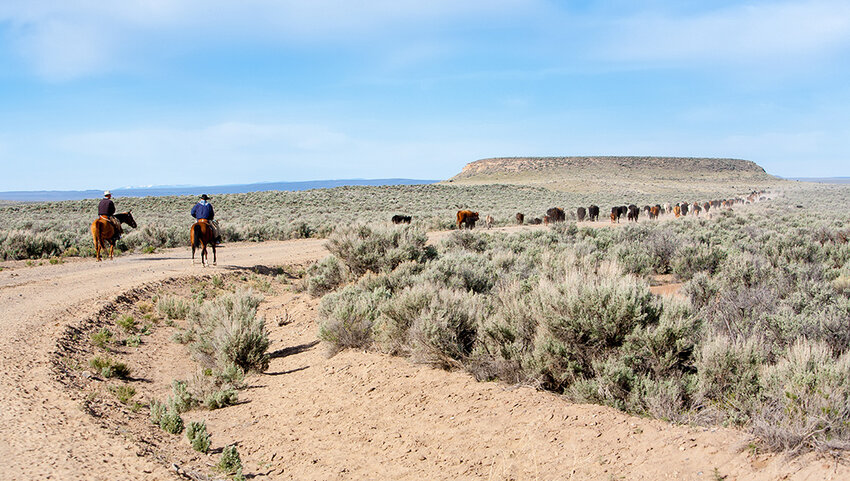
Silver Lake is a town of roughly 150 people in southern Oregon, 39.3 miles from the nearest other town. It was founded in the late 1800s and remains quite small, with a single gas station and a handful of restaurants. One such eatery is the Cowboy Dinner Tree, which was inspired by an eatery that existed many decades ago. Back then, a wagon set up underneath a large juniper tree and sold beans and biscuits to passing cowboys. While that wagon is gone, the restaurant serves up local fare in a rustic albeit slightly more modern setting.
The town is also home to a fascinating nearby geological site known as the Crack in the Ground. This volcanic fissure is two miles long and 70 feet deep, and formed due to volcanic activity that occurred thousands of years ago. Today, it offers a great opportunity for curious hikers looking to explore the country’s volcanic history.
Sanderson, Texas
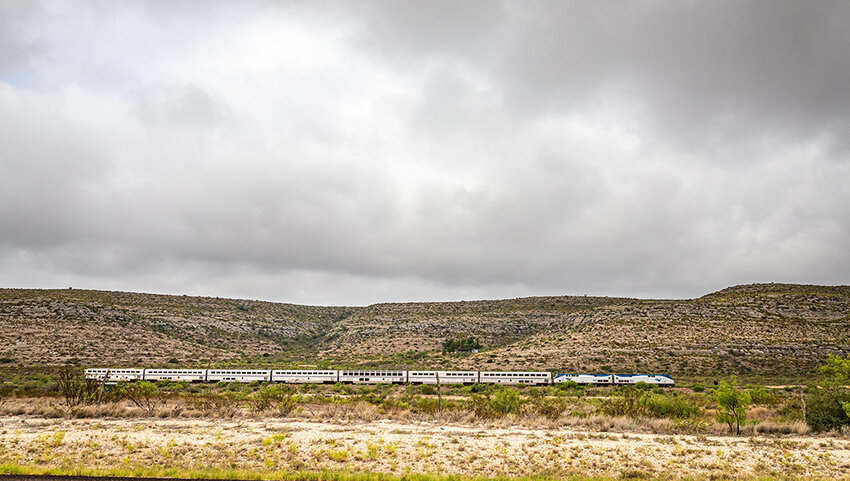
The town of Sanderson is located just north of the Mexican border in west Texas, and was settled around 51.1 miles away from the nearest incorporated town or city. Despite its remote location, Sanderson is actually serviced by Amtrak, making it accessible by either train or car. In fact, it has a rich history of being a railroad town all the way back to when it was first established in 1882.
Home to 800 residents, the town is nicknamed the “Cactus Capitol of Texas” — you can see some of those cacti at Sanderson’s local cactus garden. Other must-visit attractions include an outdoor art gallery featuring painted limestone monoliths, as well as a bridge where Mexican free-tailed bats live underneath, which visitors can spot throughout the summer.

